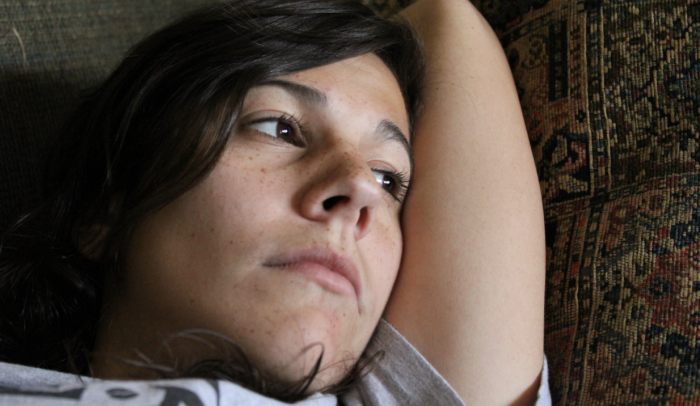I am sure most of us in the mental health field understand by 2020 how important words are when practicing or writing about mental health.
Regardless, with the rise of more person-centered research into mental health treatment, and how important language is when conceptualizing how best practices should be carried out, the question then becomes: “How can we best further refine the language around mental health?”
My belief has always been threefold: excavate, align, insert. By excavate, I mean dig deep in the wellspring of people struggling with new mental health symptoms, and begin codifying their plight in language. In doing so, mental health researchers, peers, and experts can begin to mark and identify common phraseology, experiences, and signifiers (wording/language assigned by consumers to meaning-making within the mental health discourse requiring further definition).
The second fold will be the aligning of these new words in the mental health discourse with the existent language already known and recognizable to peers and providers. Ultimately, insert these “new words” into the most viable and up-to-date research and produce the newest, most cogent and person-centered mental health lexicon whilst doing so.
Why is this so critical? Oh, let’s hash that out first.
Have you ever had a conversation with another person experiencing similar symptoms as yourself and you carelessly stumble with your wording and the conversation stops or takes a dive into unhelpful or simply unfriendly? I have; it’s dreadful.
Even with good friends whom I’ve known for some time with similar struggles in mental health, it can still happen. I’ll use the wrong word, something either “too clinical” or “not clinical enough.” Some word that is “peer-centered,” or simply “not peer-centered enough.” The conversation drops from underneath us, and I find myself questioning why I even started talking.
This type of interaction must be stopped. It is disheartening and flattening when it comes to watching the mental health discourse lower right before my very eyes.
This awkward situation I am describing can carve out much-needed empathy for and from another person’s experience and insert uncertainty within what should be a mutually expressive time for both people experiencing symptoms. Instead, what happens is this bitter, agitated mood laden with indifference and rooted in frustration or simply misunderstanding over what was common experience.
Listen, I get it. Those of us with lived experience are very sensitive about the language in mental health. Even practitioners, without owning any sort of lived experience, are sensitive too. Not just with peer speak or the language of lived experience, but with clinical phraseology which they/we/I believe must be used precisely. And it should!
But all language should be used precisely, in the end, right?
My recommendation is to first go to the source or first person impacted by the experience. This, unquestionably, is the consumer or person experiencing the mental health symptom. This is what I mean by excavate.
Dig deep within this person’s capacity to speak about his or her symptoms. Given the nature of the diagnosis or symptom experienced, this may be difficult. In cases where symptoms impact speech, memory, recall, and other aspects of language, this is going to be a tenuous and labored experience. But it must be performed by the clinician and/or peer if this experience is to live on in language in a meaningful way.
What am I suggesting here? Even you find yourself working with someone, and begin the process of excavating their experience through language, and the process is difficult, press on.
Eventually, the person who has experienced the plight of the symptom and you, the person working to actively dig it out, identify and mark meaning within and around their experience in their words will find a common ground. This common ground can be as few a one or two words, or as complex as a sentence or two.
Regardless, your capacity as the person experiencing the symptom to get the language out there for processing with an expert, peer, or otherwise is the best foot forward any of us have in refining the language around mental health further. This process also honors the person’s lived experience and enshrines the struggle and, conversely, recovery in a medium that is both communicable and expressive so everyone will benefit from hearing about it. I say this because without creating a new language, all we have is the dated, already researched, used up expectations-centered, over-meaning, and under-useful wording of yesterday.
Tomorrow’s mental health discourse needs to be centered around a new language direct from the lived experiences of humans.
Once a new language is assembled and staged at the foothills of the mental health discourse, we can get the field moving again and alive dancing with a new language that truly speaks to everyone invested in the provision and care of people experiencing symptoms.
Nobody likes speaking and not being heard. Nobody likes experiencing symptoms and not being understood.
Moving forward, we must align the language of the experts with the peers and create a discourse that is as profound in meaning as it is in is the ability to do justice to the lived experience of all people involved in mental health treatment.
Let’s all get on the same page and begin to hear what the other person is experiencing, not saying, through better practices around language and meaning-making.









Read 2 comments and reply